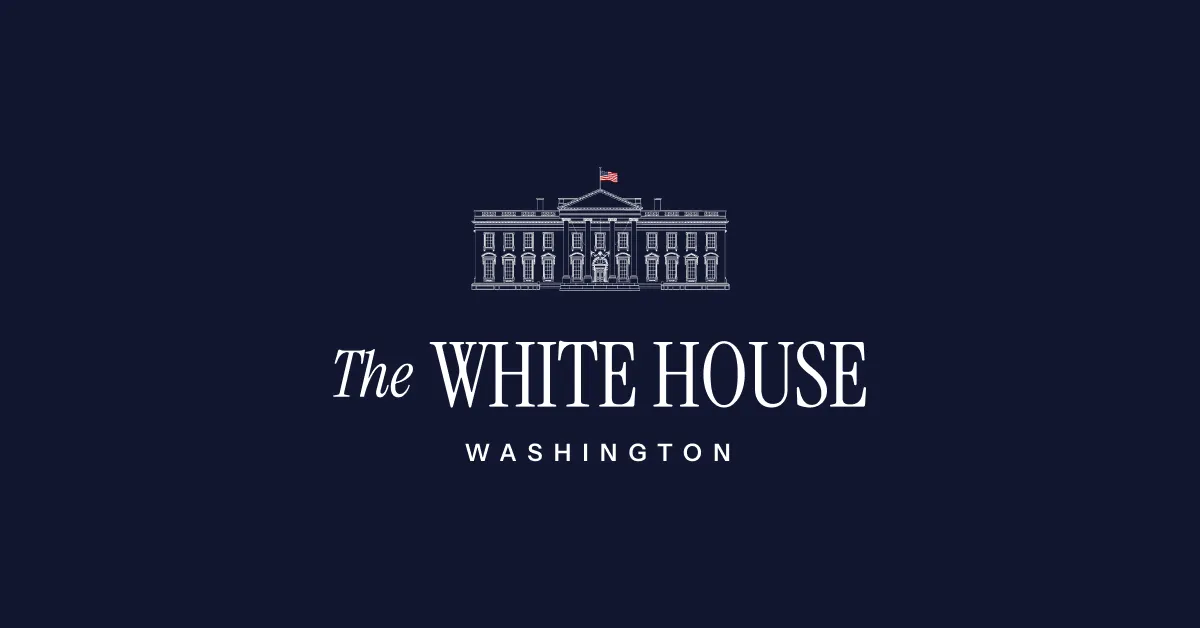
Today, President Donald J. Trump concluded his significant Indo-Pacific trip, marking a pivotal moment in U.S. foreign relations and economic strategy. During his visit to the Republic of Korea (ROK), he successfully secured billions in landmark deals that aim to bolster American jobs, enhance the nation’s energy dominance, and promote U.S. leadership in the ongoing technology revolution. This strategic partnership also focuses on strengthening maritime collaboration between the two nations.
In a major development, Korean Air has committed to purchasing 103 new Boeing aircraft, a deal valued at approximately $36.2 billion. This substantial investment is projected to support up to 135,000 jobs across the United States. Furthermore, to power these new aircraft, Korean Air has entered into a separate agreement to purchase advanced GE Aerospace engines, valued at $13.7 billion.
Additionally, the ROK Air Force has selected L3Harris Technologies to develop its new Airborne Warning and Control aircraft, a $2.3 billion contract that is expected to create over 6,000 American jobs. In another significant partnership, America’s ReElement Technologies is teaming up with POSCO International to establish a U.S.-based facility dedicated to rare earth separation, refining, and magnet production, with a focus on high-value mobility magnets.
President Trump also secured critical investments that reinforce the United States’ position as a global leader in energy production. The Korea Gas Corporation signed long-term agreements to purchase approximately 3.3 million tons of U.S. liquefied natural gas (LNG) annually, partnering with sellers such as Trafigura and TotalEnergy, as well as U.S. LNG producers like Cheniere.
Additionally, Centrus Energy Corp, KHNP, and POSCO International Corporation have agreed to collaborate on expanding Centrus’ uranium enrichment capabilities in Piketon, Ohio, which is anticipated to create 3,000 jobs in the U.S. Moreover, LS Group has committed to invest $3 billion by 2030 in U.S. power-grid infrastructure, including undersea cables and power equipment. Their subsidiary, LS Greenlink, is also building a $681 million manufacturing facility in Virginia.
President Trump’s initiatives have significantly bolstered America’s role in the digitized economy by enhancing investments in technology. The United States and the ROK formalized a Technology Prosperity Deal, which aims to expand bilateral cooperation in science and technology. This deal emphasizes U.S. AI exports, AI standards, research security, and advancements in fields such as quantum innovation and biotech supply chains.
In a landmark move, Amazon will invest $5 billion through 2031 to develop the ROK’s cloud infrastructure, thus driving U.S. exports and reinforcing American leadership in artificial intelligence. This investment builds upon Amazon Web Services’ (AWS) historic cloud infrastructure projects across 14 APEC economies, totaling $40 billion during President Trump’s administration. Furthermore, NASA’s Artemis II mission is set to take astronauts around the Moon for the first time since the Apollo program, deploying a Korean satellite to measure space radiation.
In a significant step towards strengthening maritime ties, President Trump has secured investments from the ROK aimed at modernizing and expanding the capacity of American shipbuilding industries. Notably, HD Hyundai and Cerberus Capital Management will collaborate on a $5 billion investment program focused on modernizing U.S. shipyards and enhancing supply chains through advanced technologies like autonomous navigation and digitalization.
Moreover, Samsung Heavy Industries and Vigor Marine Group will work together on naval vessel maintenance, repair, and overhaul (MRO), as well as shipyard automation and the new construction of U.S.-flagged vessels. In addition, Hanwha Ocean has announced a $5 billion infrastructure plan designed to enhance the workforce at Pennsylvania’s Philly Shipyard and increase its production capacity exponentially.
President Trump’s state visit to Korea has reaffirmed the strong alliance between the United States and the Republic of Korea, while also advancing vital U.S. economic interests. These strategic partnerships are set to deliver tangible benefits for the American people, reinforcing the nation’s position as a leader in global trade and innovation.